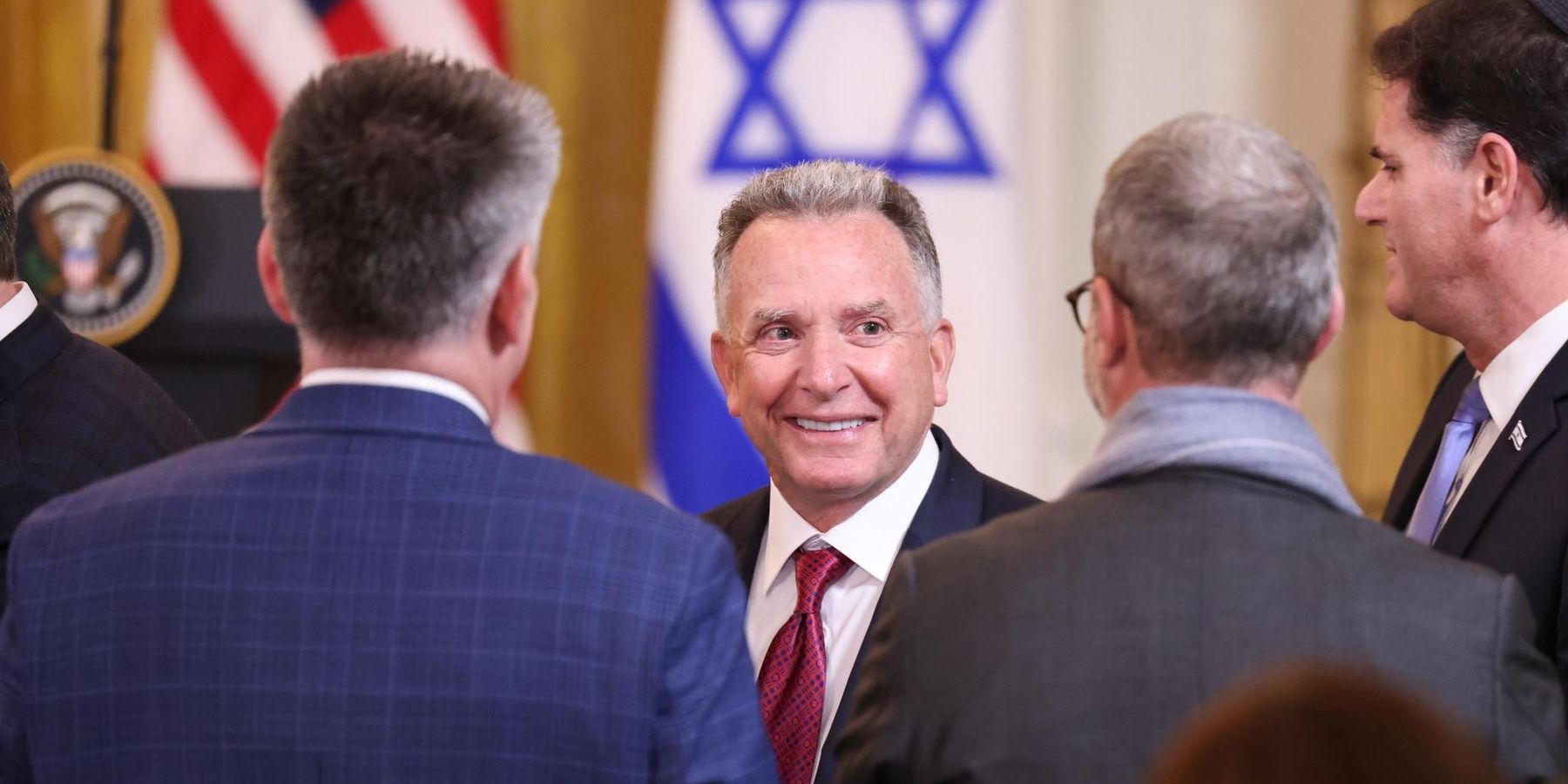With phase one of the Gaza ceasefire’s lapse on Saturday, Israel has cut off goods and supplies from entering Gaza in a move an Israeli source said was “coordinated with the Trump administration."
Israel’s Sunday supplies halt is intended to pressure Hamas into accepting a last-minute proposal it says was engineered by Trump envoy Steve Witkoff. The Trump administration has yet to confirm it’s behind such a proposal, though it’s said it will back whatever actions Israel takes.
In a video announcing the move, Israeli Prime Minister Benjamin Netanyahu thanked President Trump for supporting Israel, including its new goods and supplies halt. He also suggested “further steps” could be taken if Hamas doesn’t release the hostages.
“Israel has decided to stop letting goods and supplies into Gaza, something we've done for the past 42 days. We've done that because Hamas steals the supplies and prevents the people of Gaza from getting them,” Netanyahu alleged. “We will take further steps if Hamas continues to hold our hostages. And throughout this, Israel knows that America and President Trump have our back.”
“Thank you again, President Trump!”
Netanyahu said Hamas rejected the new, allegedly U.S. engineered, proposal. But while the original plan called for both sides to negotiate an exchange of Israeli hostages and Palestinian prisoners, the new proposal does not mention a release of Palestinian prisoners by Israel. Further, a Hamas official told Drop Site News that Israel’s aid halt announcement came before the group could be briefed about the alleged Witkoff proposal.
Hamas called the move “cheap blackmail, a war crime and a blatant coup against the agreement” in a Sunday statement. Oxfam also called the supplies cut a “a reckless act of collective punishment.”
Hamas says Israel must abide by the original ceasefire terms and start phase two negotiations, which would facilitate an Israeli withdrawal from Gaza and a final end to the war if successful.
In contrast, Israel has chosen to maintain IDF presence in a Egypt-Gaza border region it calls the Philadelphi corridor, in violation of the original ceasefire agreement which dictated that a corridor pull-out would have begun Saturday. According to Hamas, Israel has repeatedly violated the ceasefire with various attacks in Gaza, reportedly killing 116 Palestinians during what should be a truce.
Meanwhile, with the ceasefire and related negotiations on thin ice, the Trump administration expedited $4 billion in military aid to Israel over the weekend.- Trump shocks supporters with US 'own' and 'rebuild' Gaza plan ›
- Trump's Gaza plan is not America First ›
- 'Isn't it beautiful'? Foreign policy highlights in Trump address | Responsible Statecraft ›
















